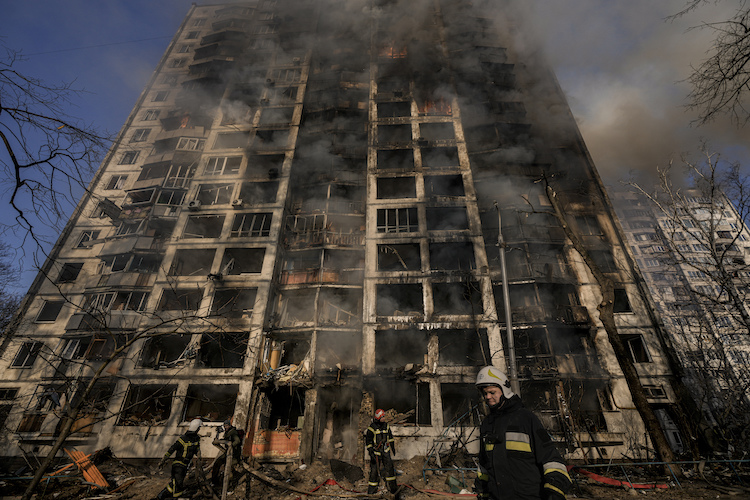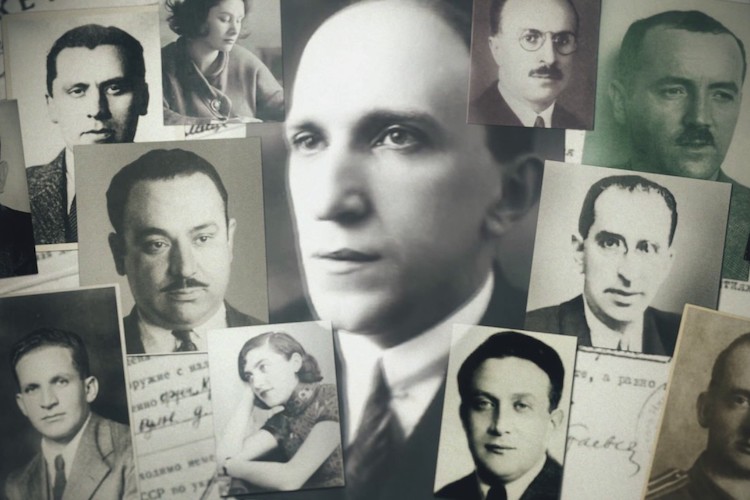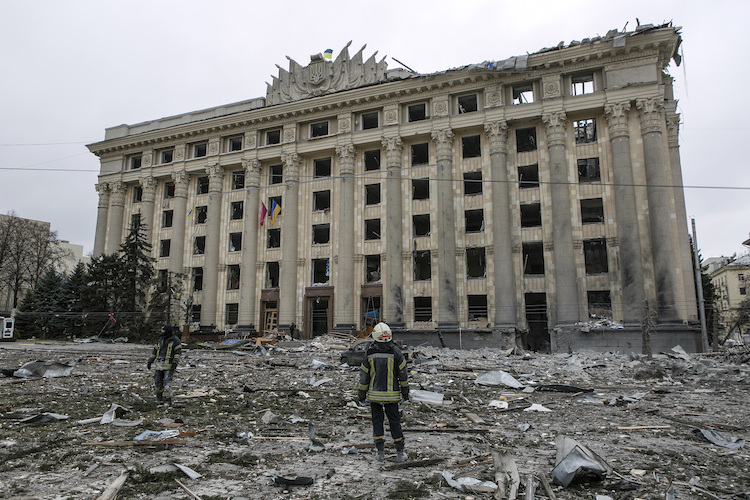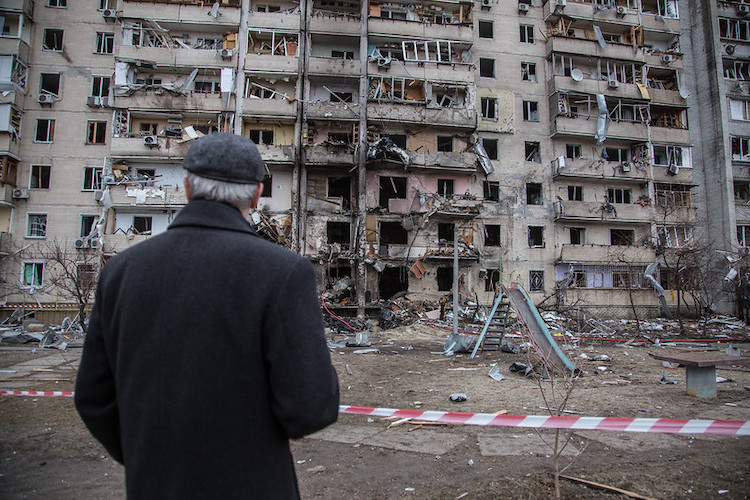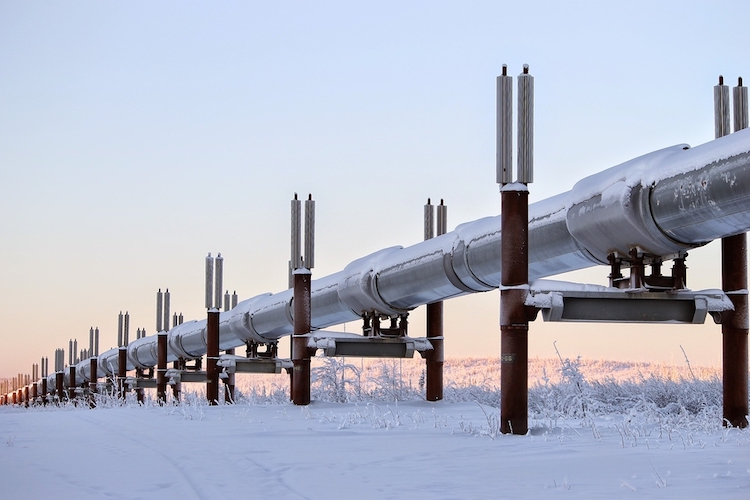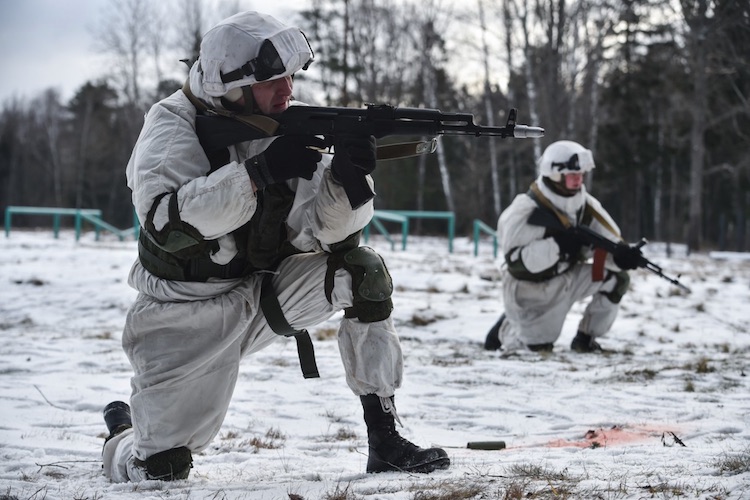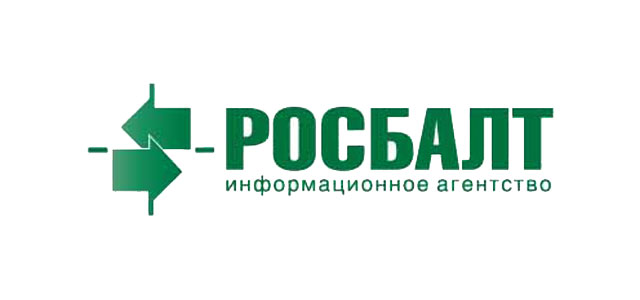
Rosbalt, May 31, 2013
It is not surprising that Russian political emigration is growing. According to Vladimir Kara-Murza, senior policy advisor at the Institute of Modern Russia, "It is little wonder that this is happening now, when Russia’s everyday reality no longer encompasses just fraudulent elections and media censorship, but also 1930s-style interrogations, political show trials, and state-driven paranoia about 'foreign agents.'”
In the expert's opinion, political emigration is intrinsically involuntary. "Political emigration is...the most tragic of all forms of emigration. It is one thing to strike out in search of 'a better life,' and quite another when one is compelled to leave one’s country to escape a regime that is incompatible with one’s concept of social and political development or just plain decency. Not to mention the cases in which an individual’s continued presence in the country would mean arrest or physical destruction," he explained.
"Yet today’s situation is not as hopeless as that of the 1920s or the 1970s. To begin with, as Leonid Bershidsky rightly pointed out, thanks to open borders and modern means of communication physical absence from Russia no longer constitutes an insurmountable barrier to participating in the country’s life. The very meaning of 'emigration,' therefore, is less absolute than before," noted Kara-Murza.
"Secondly—and most importantly—judging by the pace of the Putin regime’s degeneration into repressive insanity, its end cannot be far off. Which means that members of the ‘Putin wave’ of Russian political émigrés will be able to do what their historical predecessors never lived to do—return home and help in the establishment of a new, democratic Russian state," the expert summed up.
It has recently become known that Sergei Guriev, the former rector of the Moscow New Economic School, left Russia fearing for his freedom.

